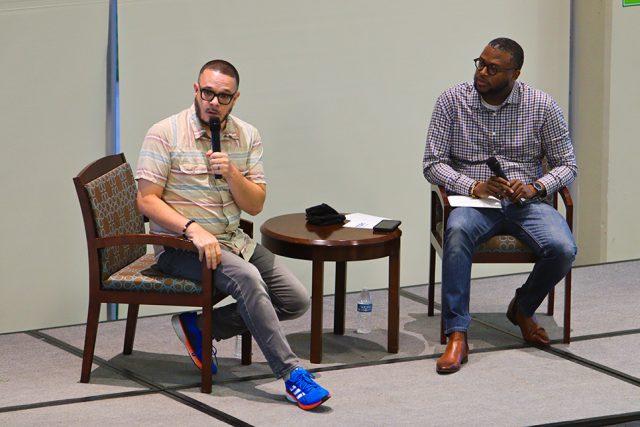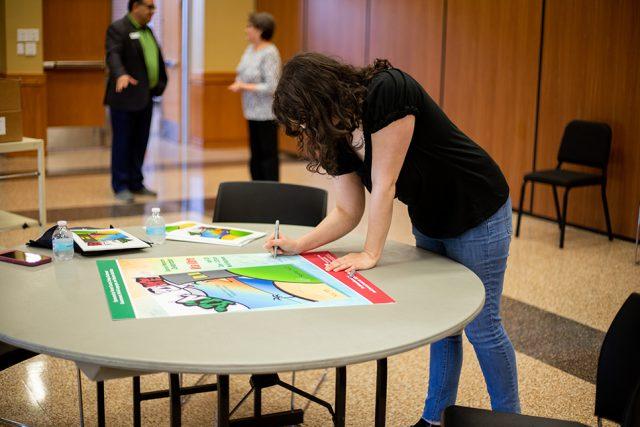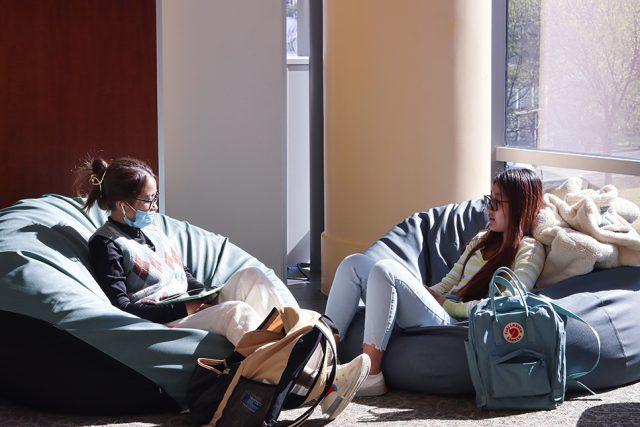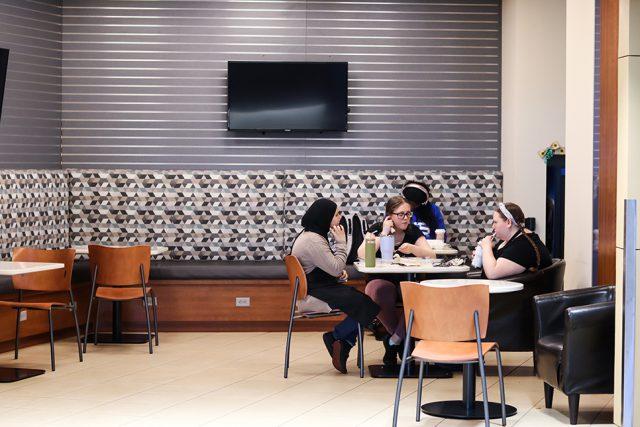
pexels rodnae productions
RABBIA MOLAI
campus editor
rabbia.molai@my.tccd.edu
April is Sexual Assault Awareness Month, so students and faculty want to raise awareness.
According to the National Sexual Violence Resource Center, sexual assault is a crime experienced by 81% of women and 43% of men in their lifetimes. Of those people, almost 30% of the women and 7% of the men are undergraduate students.
Resources are available on campus for students who may experience sexual assault. This is something that coordinator of health care services Crystal Martz takes great pride in.
“We want to create a protective environment for our students while speaking up — loudly and clearly — against any form of sexual violence or harassment. We want to sustain the dialogue surrounding sexual violence and wrap support and services around victims,” Martz said.
She spoke about the importance of TCC holding events such as the upcoming Denim Day seminar to show students that this is a matter the college takes seriously.
“Events such as Denim Day use relatable, real events to engage individuals in the movement to stop sexual violence,” Martz said. “The zero-tolerance approach and clear messaging stand in solidarity with victims.”
Martz said it’s important to acknowledge that sexual violence is not just a female issue, it’s a people issue. She said it’s also important to listen and be aware of the men that get assaulted and give them just as many resources and care as anyone else.
Keeping an open dialogue about the full spectrum of people who are affected by sexual violence seems to resonate with many students.
NE student Alana Thomson expressed her concern for people to be educated on these topics.
“I think a lot of people think ‘it won’t happen to me,’ and dismiss the problem,” Thomson said. “Raising awareness helps people to understand how big the problem is, how to protect themselves and how to help others.”
She said she believes many people write off issues such as sexual assault or violence for only women, and how a narrative like this can be harmful to people of other genders who experience these traumas as well.
“I think it being predominantly spoken about as a female problem is a factor in keeping victims of other genders silent,” Thomson said. “For example, a man could feel that society would label him weak or less masculine for being a victim of sexual assault and choose to remain silent.”
NE student Grant Gargagliano was passionate about the need for sexual violence and assault to be kept at the forefront of human issue conversations.
“Female and male sexual assault is a bigger problem than almost anybody gives it credit for,” Gargaliano said.
He said without being able to spread awareness, there wouldn’t be any change in the way society approaches the topic.
“For decades, victims of sexual assault have felt compelled to keep their trauma secret and were re-traumatized by shame, fear and the impact of their assault,” Martz said. “Raising awareness helps identify safety in disclosure and support for victims. We seek to involve as many people as possible in the dialogue and prevention of sexual assault.”
































